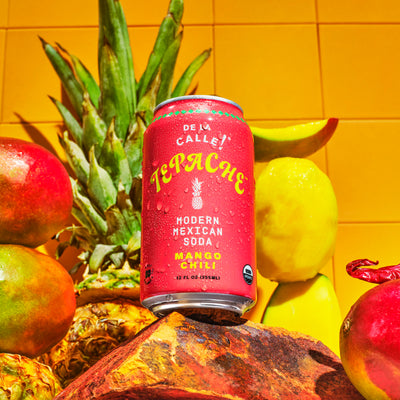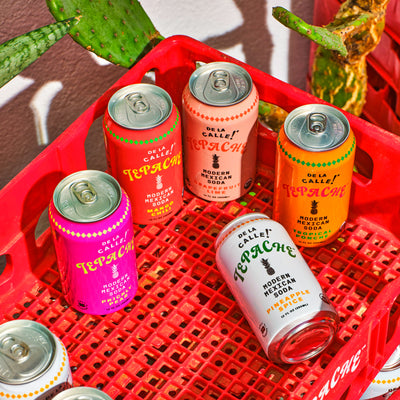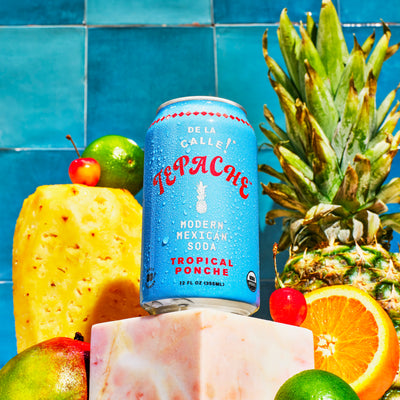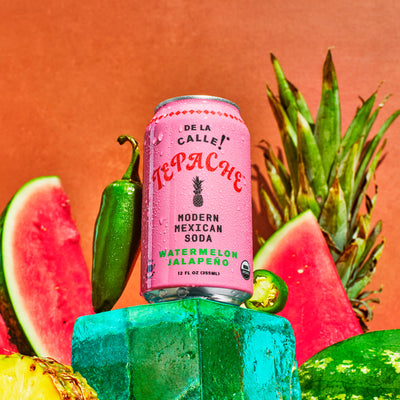How to improve digestion

While it can be easy to know when your digestive system isn’t healthy due to uncomfortable side effects such as bloating, diarrhea, and constipation, it’s not as easy to know what to do to improve your digestion.
In this article we’re going to give you 9 tips to give your digestive system the boost it needs to get back on track.
Go for the “Good” Fats
Although it sounds contrary to all the advertisements for “low-fat” and “fat-free” foods, there are actually foods that contain healthy fats. It’s important to incorporate healthy fats into your diet because they are what make you feel full after a meal and help your body with nutrient absorption.
There’s also research to show that omega-3 fatty acids can decrease your risk of developing bowel diseases that can be uncomfortable and dangerous.
Foods that are rich in omega-3 fatty acids include chia seeds, walnuts, flaxseeds, salmon, oysters, soybeans, and sardines. It’s recommended that adults consume 250-500 mg of omega-3s per day to maintain a healthy diet.
Eat Slowly
Oftentimes one of the main causes of an unhealthy digestive system is overeating. Overeating is easy to do if you don’t take the necessary steps to properly digest your food. One of the best ways to ensure that you’re giving your body enough time to digest during a meal is to eat slowly.
Although it may seem uncomfortable at first, try taking breaks between each bite of a meal to slow down your pace and give your body time to process your food as you eat.
Another way to be more conscious about your consumption rate is to eat without distractions such as the TV or your phone. Once you start implementing these strategies, you’ll notice that you’ll feel more full without getting to the point of uncomfortable bloating.
Eating slowly also gives you more time to properly chew your food. While it might have just seemed like silly advice your mom gave you as a kid, there’s lots of scientific research that shows how chewing your food thoroughly improves digestion.
When you chew, your body produces saliva that allows food to pass smoothly into your intestines and can prevent uncomfortable symptoms of indigestion and heartburn. Additionally, saliva starts the digestion process in your mouth by breaking down some of the fats and carbs in your food.
If you don’t adequately chew your food, you also miss out on some of the nutrients that your food has to offer.
Incorporate Fermented Foods Into Your Diet
Eating fermented foods is a great way to give your gut a helping hand. Fermented foods are foods that contain microorganisms such as bacteria or yeast. Oftentimes the microorganisms in fermented foods can help the naturally occurring bacteria in your gut to digest food and promote gut health.
There are several common fermented foods that you can incorporate into your diet such as probiotic yogurt, sauerkraut, kimchi, and tepache, a traditional Mexican beverage made from fermented pineapple.
Try To Eliminate the Three Big Bad Habits: Smoking, Drinking Too Much, and Late Night Snacking
There are three bad habits in particular that negatively affect your digestion. These habits are: smoking, excessive alcohol consumption, and late night snacking.
Smoking increases your risk of developing acid reflux and stomach ulcers. Cutting cigarettes out of your life can greatly improve your digestive system and overall health.
Similarly, excessive alcohol consumption can also lead to a large amount of acid in your stomach as well as heartburn and stomach ulcers. Additionally, large amounts of alcohol consumption can inflame your bowel and negatively affect the delicate bacterial equilibrium in your gut microbiome, all of which lead to poor digestion.
Given that your body needs ample time to digest, it’s a good idea to also cut out late night snacking if you want to improve your digestion. Gravity allows the food in your body to move in the correct direction, so eating late at night and lying down immediately after can cause heartburn and indigestion.
It is suggested that you give your body at least 3-4 hours after eating dinner before you lie down to sleep for proper digestion to occur.
Eat Lots of Fiber
Fiber is one of the biggest contributors to a healthy digestive system. Fiber keeps food moving through our bodies, and eating a high-fiber diet can help you avoid constipation among other digestive discomforts. A great source of fiber are prebiotic foods such as fruits, vegetables, and grains, which feed the good bacteria in your gut.
Make Sure To Incorporate Both Soluble and Insoluble Fiber
If you’re looking to incorporate fiber into your diet, it’s important that you are conscious to include a mix of both soluble and insoluble fiber.
Soluble fiber can be found in oat bran, nuts, and seeds. This type of fiber absorbs water and adds bulk to your stool so that it is not too watery.
Insoluble fiber is often found in wheat bran, whole grains, and vegetables. This type of fiber works almost like a toothbrush in your digestive tract and keeps food moving. Given that it cannot be digested by the body it often adds bulk to foods.
Cut Out Processed Foods
While you want to add fiber to your diet to improve digestion, it’s a good idea to cut out processed foods.
Processed foods contain food additives, trans fats, and artificial sweeteners, all of which have been linked to uncomfortable gut disturbances and poor digestion. It is thought that additives can lead to gut inflammation. Artificial sweeteners have been linked to an increase of bad bacteria in the gut. For this reason, it’s better to use natural sweeteners such as agave rather than artificial ones.
Hydrate, Hydrate, Hydrate!
Although it might seem simple, another great way to improve your digestion is to regularly incorporate water and other liquids into your diet.
Liquids ease food through your system and can combat the painful effects of constipation. While water is arguably the most beneficial liquid to drink with foods, you can also incorporate liquids into your diet by having soup for dinner or as a side.
One additional thing to keep in mind when incorporating liquids is to avoid anything with alcohol or caffeine because they can be dehydrating.
Keep a Food Diary
If you’re really having trouble with digestion, one great way to pinpoint what exactly is causing your discomfort is to keep a food diary.
In your diary, keep track of the foods you eat and their effect on you. This will allow you to eliminate anything that causes discomfort, and to eat in a more intentional way.
Although everyone is different, common foods that trigger poor digestion include acidic food, dairy products, wheat products, and spicy food.
Lower Your Stress Levels
Increased levels of stress often have negative effects on the digestive system. When your body is stressed, stress hormones are released. These hormones signal your body to enter fight-or-flight mode, in which it does not have time to rest or digest. For this reason, during times of stress, energy is diverted away from your digestive system.
Therefore, it’s important to make a conscious effort to manage your stress levels through activities like meditation, exercise, journaling, therapy, or anything else that you personally find relaxing.
Conclusion
It can be really difficult to improve your digestive system if you don’t know where to start.
Luckily there are several small steps you can take, from incorporating a new fermented drink into your everyday to just eating more slowly, that can have a positive impact on your digestion.
Sources:
https://www.hopkinsmedicine.org/health/conditions-and-diseases/smoking-and-the-digestive-system
https://www.healthline.com/health/soluble-vs-insoluble-fiber











